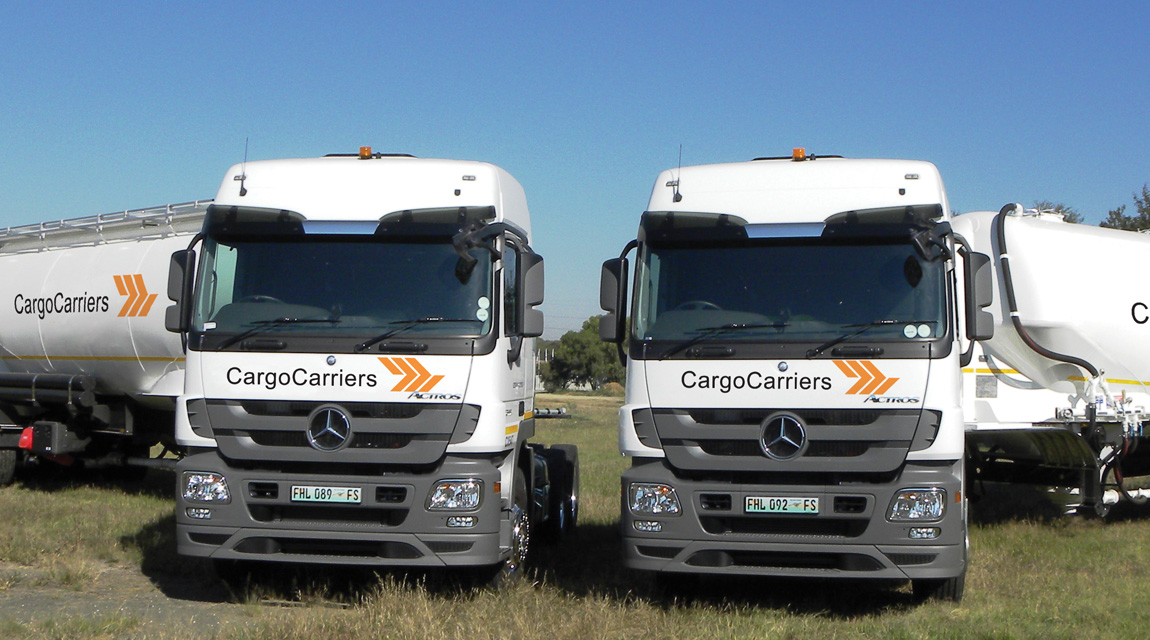Maximising efficiency in transportation of cementitious powders

Over the past few years cement producers have had to focus on improving operational efficiency to ensure their survival in a tight economy that has brought many large, state-driven civil-engineering infrastructure projects, as well as private-sector property developments, to a halt.
Challenges facing the cement industry
In 2017, installed cement production capacity in South Africa stood at 20-million tonnes, versus a local demand of about 13-million tonnes. This dire situation has been aggravated by the flooding of the South African market (especially the coastal areas) with cheap cement from Asian countries. This has resulted in the price of cement dropping to levels last seen in 2009.
On the flip side, some reprieve is expected due to government’s focus on social infrastructure, including housing, clinics and schools in the build-up towards the national elections. In order to be ready for the expected boom, the cement industry must have the structures in place to ensure reliable, on-time delivery.
Trodden but not beaten
Improving operational efficiency within the cement industry entails partnering with reputable road-freight logistics companies that have an intricate understanding of the nature of this operating environment to assist in developing more efficient and cost-effective ways of delivering cement to clients.
Supply chain services provider Cargo Carriers has nurtured a close working relationship with many of the country’s cement producers over the years. This allowed it to commit the necessary capital to support ongoing innovation in the transportation of cement.
As a large service provider, the company has the ability to develop and provide proactive value-added solutions to help cement producers to sustain higher service levels, while improving efficiency in what is believed to be one of the most challenging periods for the construction industry.
Driving operational efficiency
Cement producers are grappling with rising input costs, which are being exacerbated by the fuel price hikes, which directly impacts transportation costs. It is unlikely, however, that the industry will be able to pass on these higher costs to the users of cement in an already heavily saturated market.
Cargo Carriers utilises advanced information technology to constantly monitor the efficient use of diesel. This is complemented by ongoing driver training and a robust fleet maintenance and replacement regime that places fuel efficiency on top of the agenda.
Investing in the industry
Cargo Carriers’s investment in logistics infrastructure has ensured that all the powder operations are located within close proximity to production and distribution facilities to assist in alleviating distribution pressures.
A major highlight for Cargo Carriers was the awarding of a five-year contract to Heavy Hauliers Zambia, to deliver bulk cement for the construction of the new Kafue Gorge Lower Power Station. This contract was awarded based on the group’s ability to provide high service levels, best-value logistics solutions and its commitment to safety, health, environmental and quality standards.
The company plans to continue building on these strong foundations in the South African cement-production industry moving forward.
Published by
Focus on Transport
focusmagsa




